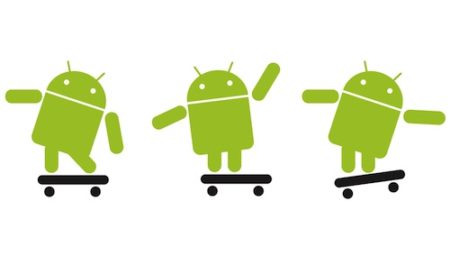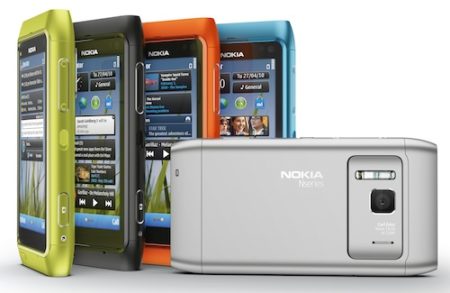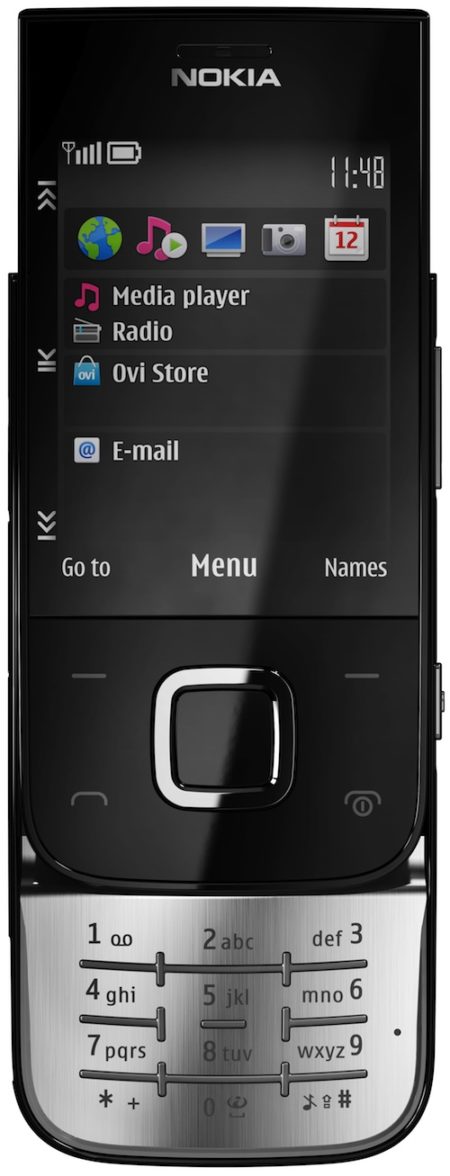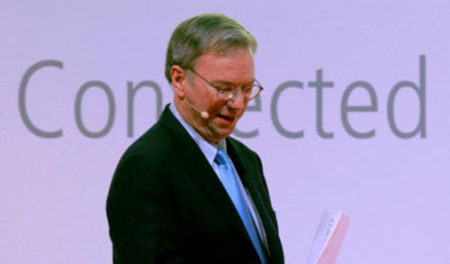The technology industry has never been as volatile as it is now. For two giants of the sector, Microsoft and Nokia, it’s do-or-die time. They’re either going to beat back the new behemoths of mobile computing, Apple and Google, or fail trying. Microsoft has a habit of coming from
Browsing: Symbian
As consumers eagerly await Nokia’s first Microsoft Windows Phone 7-based handsets later this year, it has become de rigueur to assume the ageing Symbian operating system the Finnish company has relied on for so long will soon be consigned to the
The E7 is proof that Nokia still makes great phone hardware. The huge, 4-inch Amoled screen, excellent slide-out Qwerty keyboard and sturdy design are all excellent. However, as we stumbled our way around the clumsy
Android, Google’s mobile operating system, is set to contest the top spot in market share from Symbian within the next four years, says international technology research firm Gartner. Android was launched in late 2007 and has climbed steadily towards being the most popular operating system since.
The smartphone market is not for sissies. One moment a manufacturer has a killer product; the next thing you know it’s struggling to remain relevant. That’s the case with Nokia, the Finnish handset manufacturer that for years ruled the roost in the smartphone market with devices such as the E90, the E61 and, in our view, its best business phone ever, the E71.
It’s a pity Nokia is still married to the Symbian operating system. Symbian’s outdated S40 software is the only thing…
For some reason there seems to be a “Symbian is dead” meme floating around at the moment. Discussions with some of the infected victims suggest that it’s related to a misunderstanding of Nokia’s Symbian roadmap and the respective roles of Symbian and Maemo in Nokia’s strategy. Firstly, Nokia isn’t dumping Symbian. Despite all its weaknesses Symbian had over 40% smartphone market share in the first quarter of 2010. It’s the dominant platform with more than twice
Vittorio Colao, CEO of Vodafone, the world’s second-largest cellphone group by subscriber numbers, used a stage at Mobile World Congress to warn of Google’s growing dominance in Web search and advertising and suggested regulators should intervene to prevent the company from becoming a monopoly









